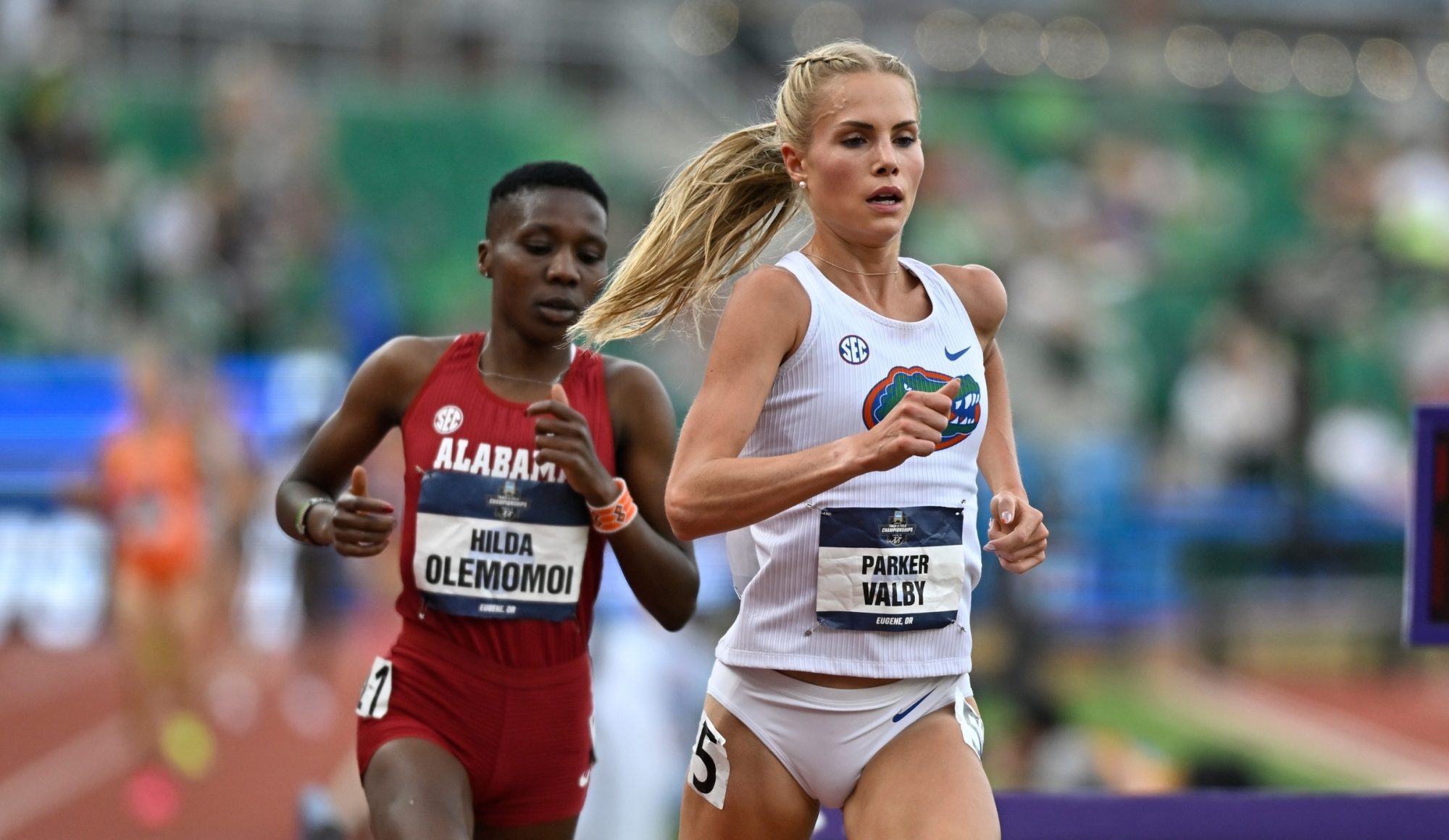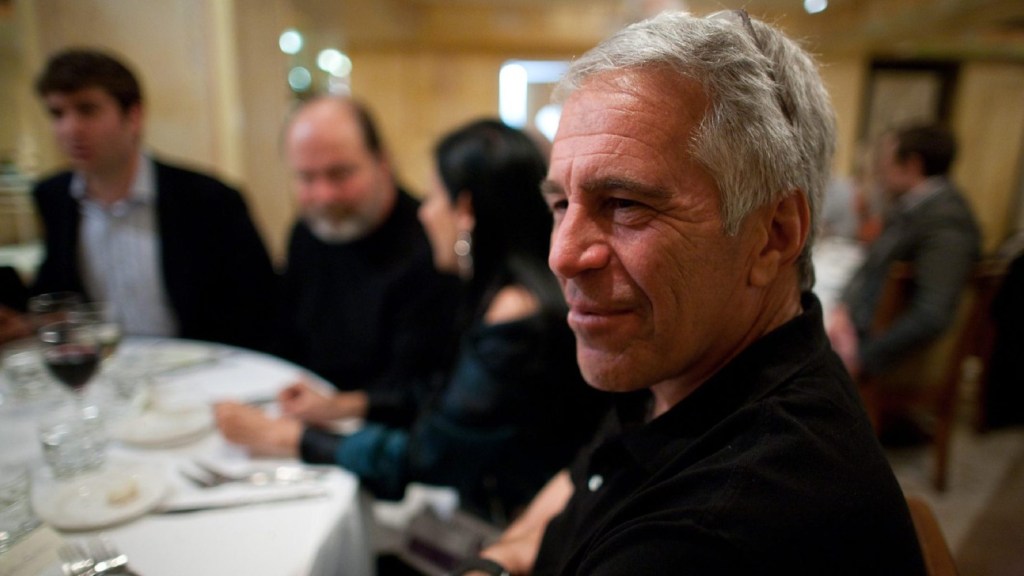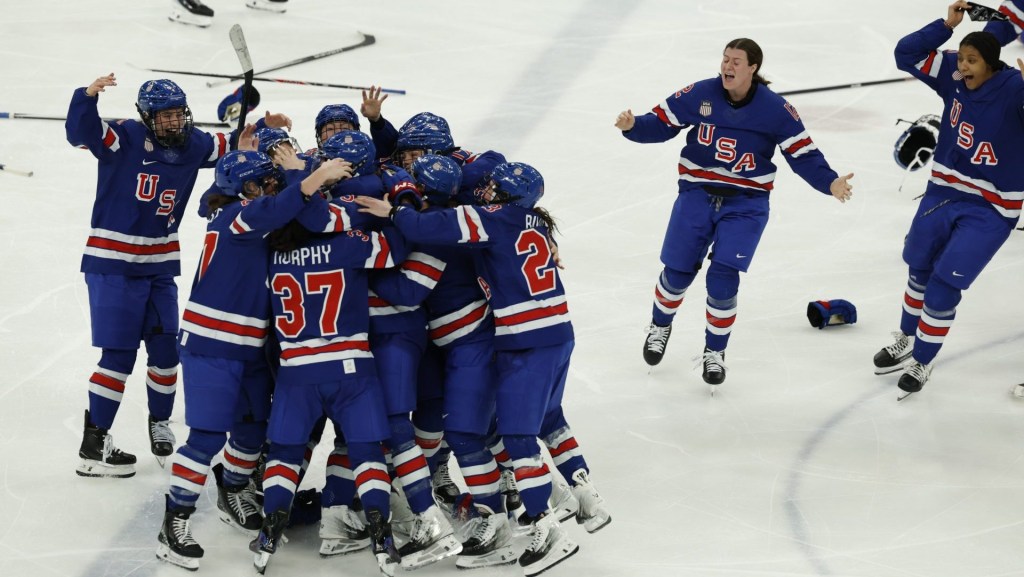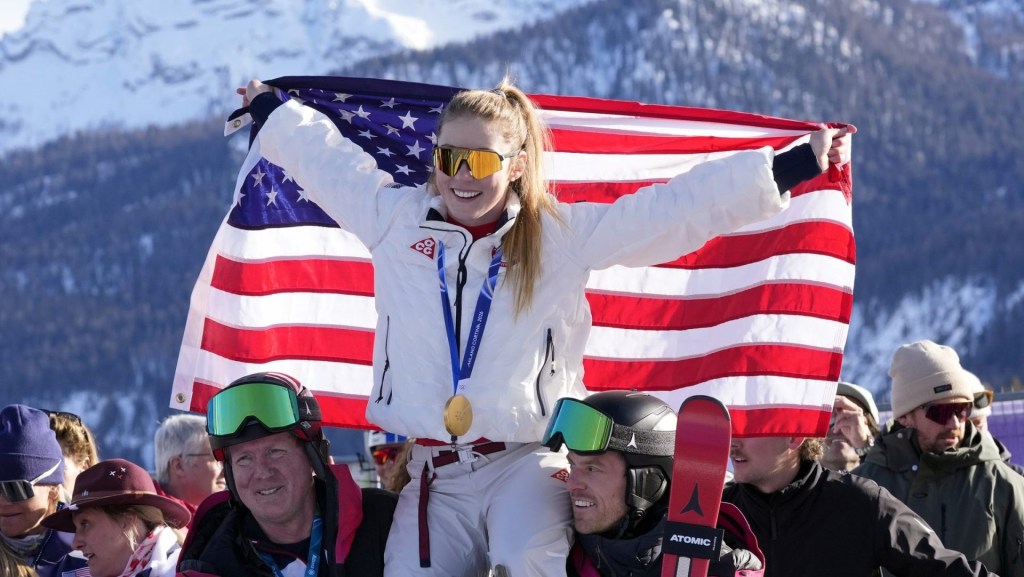NCAA Olympic sports coaches are lobbying up to preserve the future of their sports.
A group of college coaching associations for Olympic sports—from baseball to track and field—have hired lobbying firm FGS Global to represent them in ensuring that Olympic sports survive despite major changes to the NCAA business model, according to federal disclosures reviewed by Front Office Sports. The news was first reported by Politico.
FGS Global said in disclosure forms that it was hired to develop “a federal solution that protects Olympic sports programs and broad-based sports sponsorship.”
The news comes amid major disruption in the economics of college sports that administrators nationwide have suggested could result in the deterioration of Olympic sports. It’s an issue Congress is likely to be concerned with, given that NCAA Olympic sports provide the main Olympic pipeline for Team USA.
In October, the NCAA and power conferences received preliminary approval for a multibillion-dollar settlement in the House v. NCAA case. If it gets final approval in April, schools will be allowed to begin sharing up to $22 million in annual revenue with players—something all power conference schools, as well as many other Division I programs, are intending to do. As schools look to fund the revenue-sharing agreement, they’ve raised concerns that they would have to cut funding or altogether eliminate certain Olympic sports programs, from field hockey to gymnastics, that don’t generate as much revenue as college football and basketball programs.
The settlement also eliminates scholarship limits—but, in doing so, imposes new roster restrictions. The result: Olympic athletes across the country, who have previously received or accepted offers to play a sport in college, have already begun to lose their roster spots, according to Yahoo Sports. (Lawyers involved in the case said they are working on a solution.)
The NCAA, conference, and school administrators have also threatened to cut Olympic sports if athletes are declared employees because they’d have to divert funding to pay salaries.
The NCAA and power conferences have spent millions on a sophisticated federal lobbying campaign to preserve amateurism—an effort which they claim would save Olympic sports. They’re specifically asking for a law that provides antitrust protections and prevents athletes from being classified as professionals.
But clearly, coaching associations believe they need their own advocates. FGS Global is part of that NCAA/power conference effort, however, as a longtime lobbyist for the Big Ten. The firm worked for the Big Ten as recently as this past quarter, according to lobbying disclosures, but it’s unclear whether that relationship will continue or be seen as a conflict of interest given its new clients. FGS Global did not immediately respond to a request for comment.
FGS Global is one of several newer players entering the college sports lobbying scene. The U.S. Olympic and Paralympic Committee has also begun lobbying efforts around NCAA revenue-sharing proposals, according to Politico. The Collective Association, which represents dozens of NIL (name, image, and likeness) collectives nationwide, has retained Tidal Basin Advisors. And major unions with existing lobbying infrastructures, like the AFL-CIO, may engage in lobbying to maintain athletes’ right to be deemed employees and collectively bargain; they’ve already made public statements, along with pro sports unions, saying they’re in favor of that position.
Conversations around the NCAA issue have slowed during election season, but are expected to pick back up again after Nov. 5. The outcome of the election—especially how Senate contests play out—could dictate whether the NCAA gets the pro-amateurism law it’s been begging for since 2020.





![[Subscription Customers Only] Jul 13, 2025; East Rutherford, New Jersey, USA; Chelsea FC midfielder Cole Palmer (10) celebrates winning the final of the 2025 FIFA Club World Cup at MetLife Stadium](https://frontofficesports.com/wp-content/uploads/2026/02/USATSI_26636703-scaled-e1770932227605.jpg?quality=100&w=1024)











